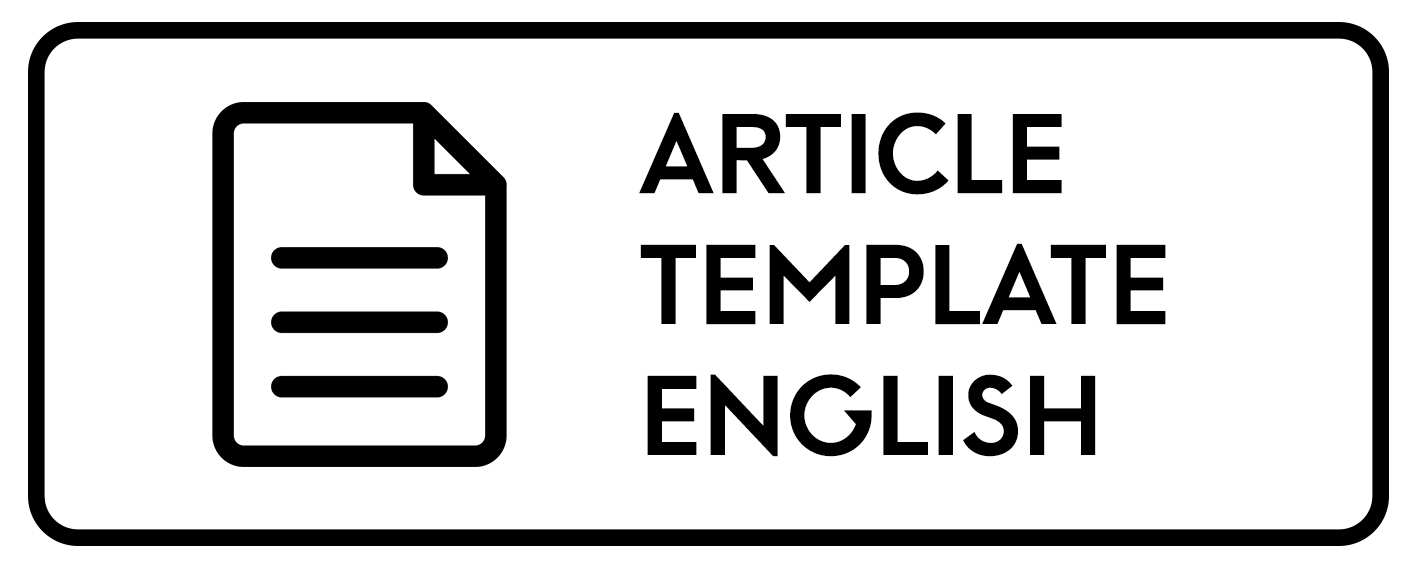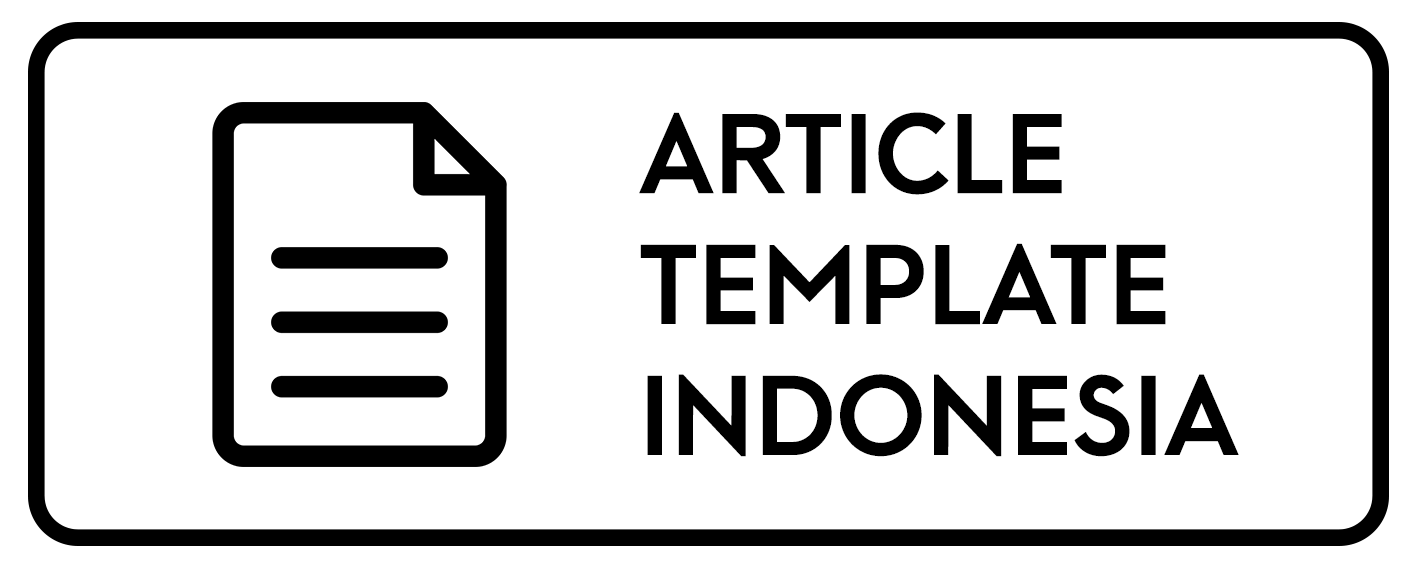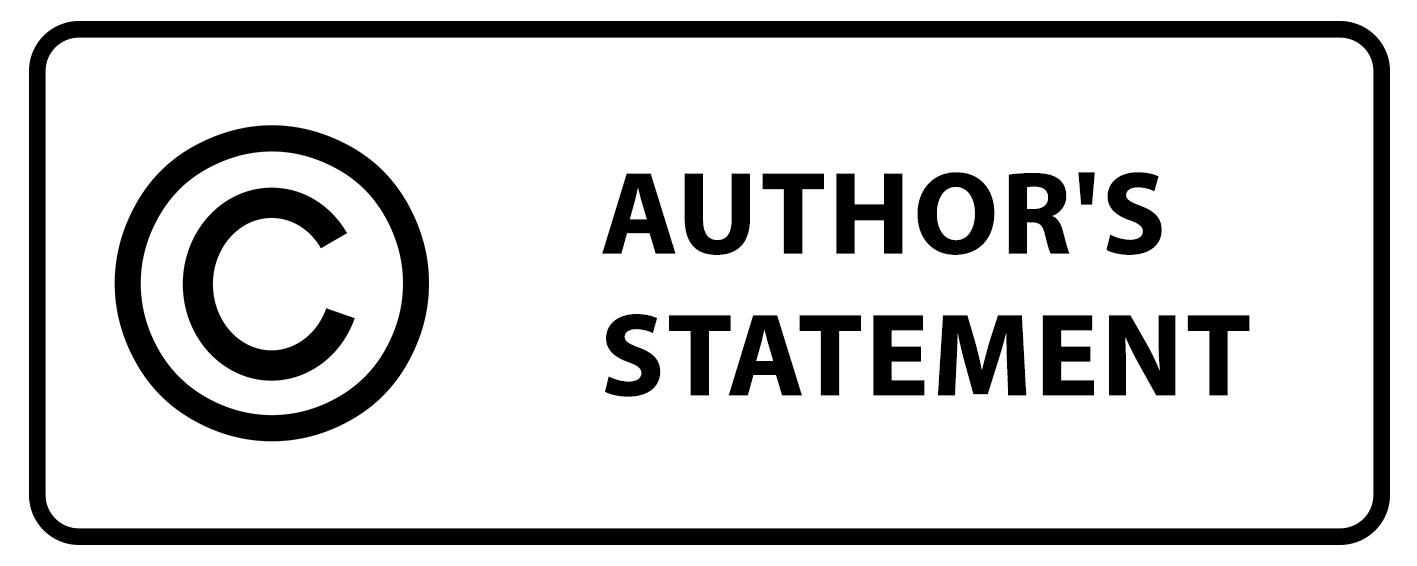Analisis Transformasi Pendekatan Komunikasi Humas Sekolah pada Era Digitalisasi di SMA Swasta Deli Murni Bandar Baru
DOI:
https://doi.org/10.30872/jimpian.v3i1.2142Keywords:
humas, komunikasi, transformasi, digitalisasiAbstract
Artikel ini bertujuan untuk mendeskripsikan bagaimana pendekatan komunikasi humas sekolah di era digitalisasi. Saat ini kita sudah memasuki era digital, namun dalam kenyataannya humas sekolah belum mendigitalisasi sarana komunikasinya sehingga tidak diminati. Metode penelitian dalam artikel ini adalah deskriptif kualitatif, yakni penulis mendeskripsikan transformasi Humas Sekolah di era digital dengan referensi dari buku/artikel/studi kepustakaan dan membandingkan dengan humas di SMA Deli Murni Baru. Hasil dari artikel ini ditemukan bahwa pendekatan Humas di era digital adalah mendayagunakan sarana komunikasi sekolah sehingga informasi yang disampaikan cepat diterima oleh orang tua, peserta didik, dan masyarakat.
Downloads
References
Holmes, D. (2012). Teori Komunikasi: Media, Teknologi dan Masyarakat. Pustaka Belajar.
Syamsir, T. (2014). Organisasi dan Manajemen (Perilaku Struktur, Budaya dan Perubahan Organisasi) Alfabeta.
Juhji, Nadeak, B., Arifudin, O., Mustafa, M., Choiriyati, W., Hanika, I. M., Tanjung, R., & Adiarsi, G. R. (2020). Manajemen Humas pada Lembaga Pendidikan. Widima Bhakti Persada.
Onggo, J. B. (2004). Public Relations: Strategi Membangun dan Mempertahankan Merek Global di Era Globalisasi Lewat Media Online. PT Gramedia.
Sari, A. A. (2017). Dasar-Dasar Public Relations: Teori dan Praktik. Deepublish.
Gora, R. (2019). Riset Public Relations. CV Jakad Publishing.
Juhji, Febrianty, Marantika, N., Gumilar, R., Palindih, L., Apud, Marlina, H., Kholik, A., & Arifudin, O. (2020). Manajemen Humas Sekolah. Widina Bhakti Persada Bandung.
Bairizki, A. (2021). Manajemen Public Relations: Teori dan Implementasi Humas Perguruan Tinggi. Pustaka Aksara.
Utami, A. M. V, Lestari, M. T., Putra, A. (2015). Pergeseran Budaya Komunikasi pada Era Media Baru (Studi Etnografi Virtual Penggunaan Line oleh Digital Natives). E-Proceeding of Management, 2(3), 4042-4050. https://openlibrarypublications.telkomuniversity.ac.id/index.php/management/article/view/2591/2460
Satira, A. U., & Hidriani, R. (2021). Peran Penting Public Relations di Era Digital. Sadida, 1(2), 179-202. https://journal.ar-raniry.ac.id/index.php/sadida/article/view/1612
Romadhona, A., & Rifqi, A. (2022). Peran Media Sosial dalam Mendukung Implementasi Manajemen Humas Sekolah. Inspirasi Manajemen Pendidikan, 10(3), 613-624. https://ejournal.unesa.ac.id/index.php/inspirasi-manajemen-pendidikan/article/view/48702
Downloads
Published
How to Cite
Issue
Section
License
|
|
Every work in Jurnal Ilmu Manajemen dan Pendidikan is licensed under a Creative Commons Attribution-ShareAlike 4.0 International License.
Under the following terms:
- Attribution — You must give appropriate credit , provide a link to the license, and indicate if changes were made . You may do so in any reasonable manner, but not in any way that suggests the licensor endorses you or your use.
- ShareAlike — If you remix, transform, or build upon the material, you must distribute your contributions under the same license as the original.
- No additional restrictions — You may not apply legal terms or technological measures that legally restrict others from doing anything the license permits.
Authors who publish with this journal agree to the following terms:
- Authors retain copyright and grant the journal right of first publication with the work simultaneously licensed under a CC BY-SA 4.0 DEED Attribution-ShareAlike 4.0 International that allows others to share the work with an acknowledgment of the work's authorship and initial publication in this journal.
- Authors are able to enter into separate, additional contractual arrangements for the non-exclusive distribution of the journal's published version of the work (e.g., post it to an institutional repository or publish it in a book), with an acknowledgment of its initial publication in this journal.
- Authors are permitted and encouraged to post their work online (e.g., in institutional repositories or on their website) prior to and during the submission process, as it can lead to productive exchanges, as well as earlier and greater citation of published work.













